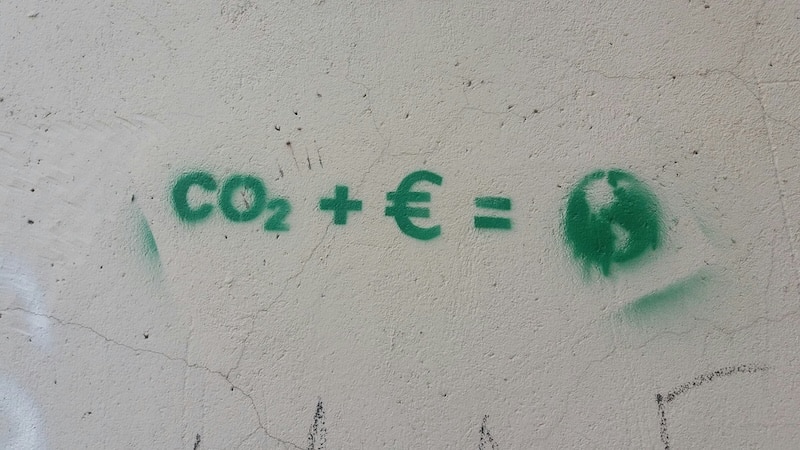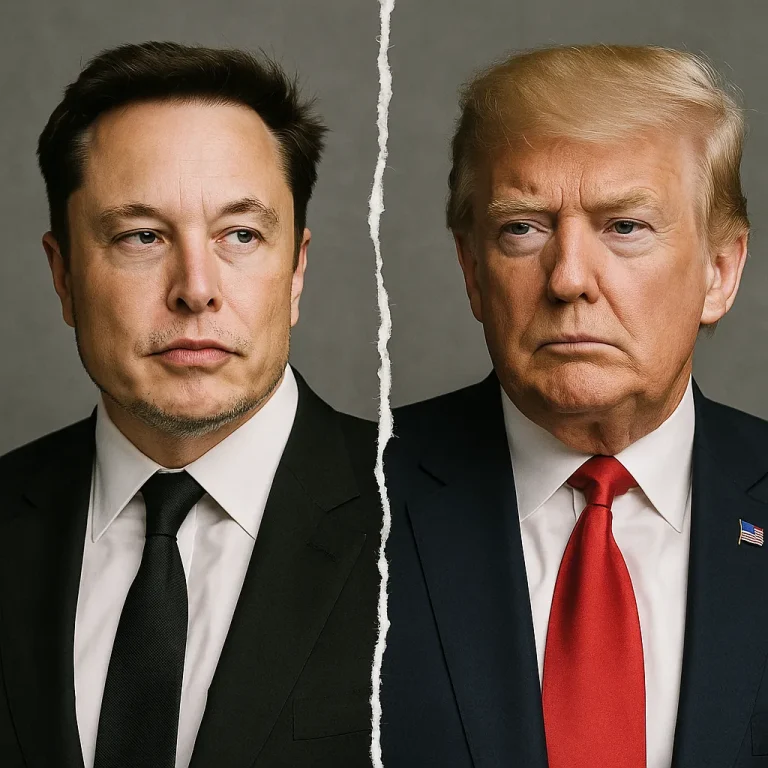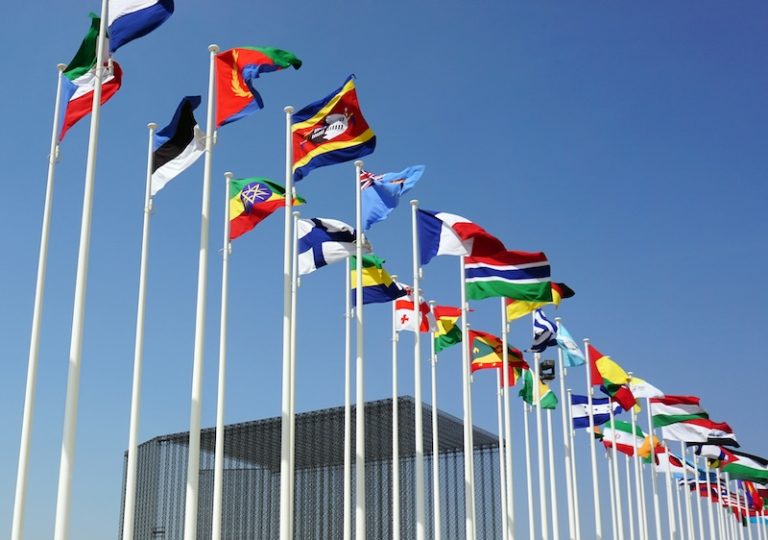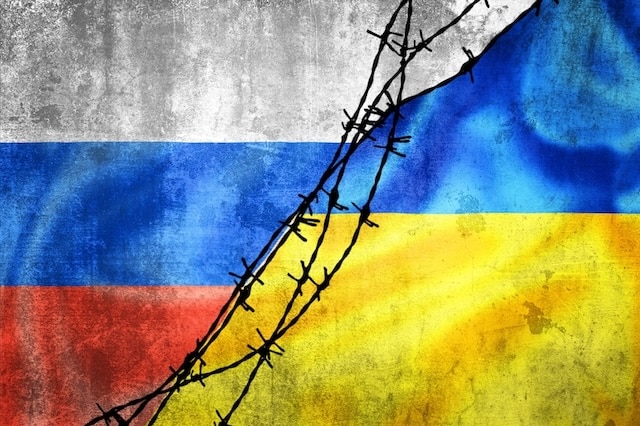
Photo: Marija Zaric on Unsplash
#Elections and Government collapses : #Climate Commitments at Risk by Peanuts Choice
#Europe has long been proud of its ambitious climate goals, aiming to slash greenhouse gas emissions and lead the global fight against climate change. But recently, the picture has gotten a lot more complicated. Political changes and economic pressures are putting these commitments to the test, raising real questions about how the #EU will move forward with its Green Deal.
Political Shifts Shake Up the Climate Agenda
In the last few years, elections in several European countries have reshaped the political map. Populist and far-right parties have gained strength in places like Italy, the Netherlands, and Sweden. These groups often question the EU’s climate policies, seeing them as expensive, overly bureaucratic, or even harmful to national interests.
The situation in the Netherlands adds another layer of complexity. The collapse of the Dutch government in early 2025 over disagreements about climate policy and energy prices has thrown the country’s green agenda into uncertainty. With new elections looming, it remains unclear how strong the political will will be to push forward with ambitious climate reforms. This political instability makes it difficult for the Netherlands to fully commit to EU-wide climate goals, which could slow progress in the region.
Poland is another critical case. With a newly elected right-wing nationalist president, the country’s commitment to EU climate goals looks uncertain. Poland depends heavily on coal, and this political change could slow down the country’s progress on green reforms. Given that Poland’s access to billions of euros in EU funding is tied to environmental performance, this shift could have big consequences not only for Poland but for the EU’s overall climate ambitions.
This fragmentation isn’t just limited to Poland or the Netherlands. Across Europe, Eurosceptic and populist voices are growing louder, pushing back against what they see as Brussels’ overreach. This makes it harder to build the broad consensus needed for ambitious climate policies.
The Rise of ‘Greenlash’: Economic Worries Spark Backlash
It’s not just politics causing trouble. Economic realities are fueling a “greenlash”—a growing resistance to rapid climate policies. Rising energy prices, inflation, and fears of losing jobs in traditional industries are at the heart of this backlash.
Energy-intensive sectors like steel, chemicals, and automotive manufacturing worry that strict climate rules will make them less competitive globally. Some fear factories might move outside the EU, leading to “carbon leakage”—where emissions aren’t reduced but simply relocated elsewhere.
Trade unions have also voiced concerns about job losses and social impacts if the transition isn’t managed carefully. This pushback is prompting the European Commission to consider some flexibility, like allowing companies to buy international carbon credits or slightly easing domestic emission targets.
While these ideas aim to ease economic pain, many climate experts warn that relying too much on such measures risks delaying essential investments in Europe’s own clean energy infrastructure. The question remains: Can Europe find a way to protect jobs and growth without sacrificing its climate goals?
Scientists Urge the EU to Stay the Course
The European Scientific Advisory Board on Climate Change is clear on this: weakening climate targets is not an option. The board strongly supports the EU’s goal of cutting emissions by 90% by 2040 compared to 1990 levels.
Scientists warn that shortcuts like heavy reliance on international carbon credits could divert attention and funding away from crucial domestic changes—like upgrading factories, improving energy systems, and developing green technologies.
Ambitious, credible targets aren’t just about the environment. They’re key to maintaining Europe’s leadership role on the global climate stage. If Europe softens its stance, it risks losing influence in international negotiations just when the world needs it most.
Green Parties Lose Ground in the European Parliament
The political shifts showed up clearly in the 2024 European Parliament elections. Green parties lost about a quarter of their seats, weakening their voice at a crucial moment.
Although mainstream parties still hold the majority, the rise of Eurosceptic and populist members has made the Parliament more fragmented. Passing bold climate laws will require more negotiation and compromise, and there’s a risk that important policies might be watered down or delayed.
Looking Ahead: Can Europe Balance Ambition with Economic Reality?
The EU faces a tough balancing act as it prepares new climate proposals. On one hand, it needs to keep pushing for the bold action climate science demands. On the other, it must address real economic concerns—from energy prices to job security—especially in vulnerable regions.
Europe has a chance to show the world that climate action and economic growth can go hand in hand. But this will require strong leadership, honest dialogue, and targeted support for industries and workers caught in the transition.
The choices made today will shape Europe’s environmental future and its role as a global climate leader. If it can stay committed to its goals while managing economic realities, the EU will prove that a sustainable future is possible—and worth fighting for.
Sources
European Commission. (2025). Fit for 55 package and EU Climate Targets. ec.europa.eu
European Scientific Advisory Board on Climate Change. (2025). Annual Report and Recommendations. ec.europa.eu
Reuters. (2025). “Poland’s Climate Policy and EU Funding Concerns.” reuters.com
Politico Europe. (2024). “Green Parties Lose Ground in EU Elections.” politico.eu
Financial Times. (2025). “The Economic Impacts of Europe’s Green Transition.” ft.com
DutchNews.nl. (2025). “Collapse of Dutch Government Amid Climate Policy Disputes.” dutchnews.nl
International Energy Agency (IEA). (2024). Energy Prices and Industrial Competitiveness in Europe. iea.org
You may like:The Dutch Government has fallen — What Comes Next?



